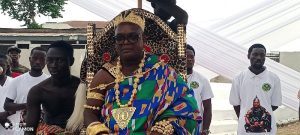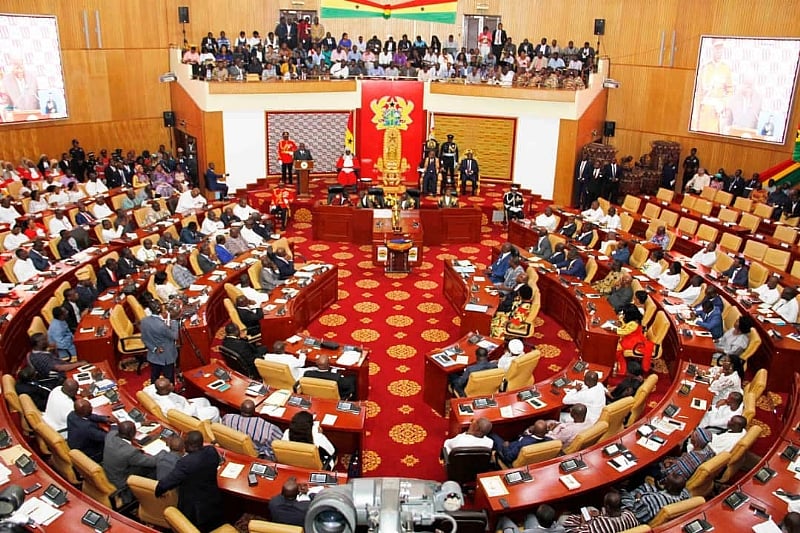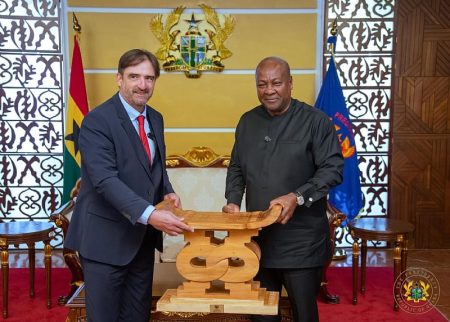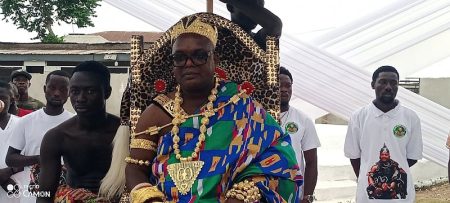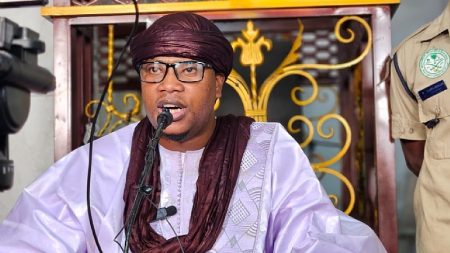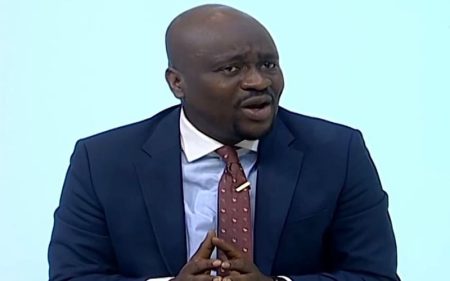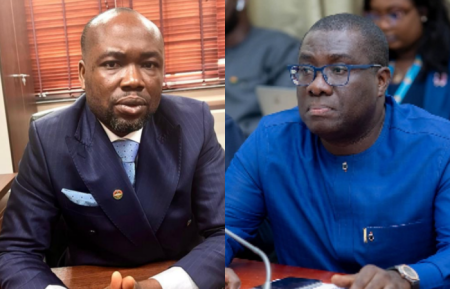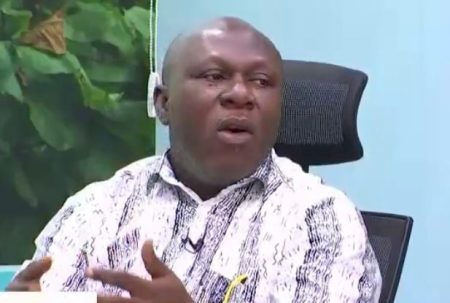The Public Holidays (Amendment) Bill, 2025, recently introduced in Ghana’s Parliament, proposes a significant reshaping of the nation’s commemorative calendar, aiming to restore historical significance while also acknowledging religious observances. The bill, presented on June 25th, sets the stage for a potentially heated national debate, as its provisions touch upon sensitive aspects of Ghanaian identity, history, and inclusivity. The proposed changes signal a potential shift in the national narrative, prompting discussion on how key historical events and figures are recognized and celebrated.
One of the most prominent changes proposed is the reinstatement of July 1st as Republic Day. This date marks Ghana’s transition to a republic in 1960, a pivotal moment in the nation’s journey towards self-determination. Previously removed from the list of statutory public holidays through prior amendments, the bill seeks to restore its significance, recognizing the importance of this transition in solidifying Ghana’s independence and sovereignty. The reinstatement of Republic Day aims to re-emphasize this crucial landmark in the nation’s history and re-establish its place in the collective national memory.
In a move aimed at fostering religious inclusivity and recognizing the significant Muslim population in Ghana, the bill proposes the establishment of Shaqq Day. This new public holiday, to be observed immediately following Eid-ul-Fitr, the culmination of the holy month of Ramadan, would provide an additional day for spiritual reflection, family gatherings, and community celebration. This addition acknowledges the importance of religious observance in the lives of many Ghanaians and underscores the government’s commitment to recognizing and accommodating the diverse religious practices within the country.
Perhaps the most contentious aspect of the proposed legislation is the intended repeal of August 4th as Founders’ Day. Established in recent years to honor all key figures involved in Ghana’s independence struggle, this date’s removal is coupled with the proposed restoration of September 21st as Founder’s Day, specifically recognizing Dr. Kwame Nkrumah, Ghana’s first President and a prominent figure in the Pan-African movement. This shift in focus from a collective recognition of contributing figures to a singular celebration of Nkrumah’s role is likely to spark debate regarding the historical narratives surrounding independence and the contributions of various individuals and groups to the nation’s liberation.
The proposed amendments also introduce a practical measure intended to enhance both public and private sector efficiency. The bill grants the President the authority to shift public holidays falling on Tuesdays, Wednesdays, or Thursdays to the nearest Monday or Friday. This provision aims to minimize disruptions to the work week, facilitating better planning and potentially boosting productivity by creating longer weekends, allowing for extended periods of rest and leisure, or enabling more efficient scheduling of activities that might be impacted by mid-week holidays.
The Public Holidays (Amendment) Bill, 2025 represents a significant undertaking by the government, with potential implications for national identity, historical memory, and public discourse. The proposed changes encompass not only the symbolic recognition of historical events and religious observances but also practical considerations related to economic efficiency. As the bill progresses through the parliamentary process, it is expected to generate intense discussions across the political spectrum and within the broader Ghanaian society, as the nation grapples with questions of representation, historical interpretation, and the evolving understanding of its own narrative. The bill’s ultimate fate rests with Parliament and represents a pivotal moment in the ongoing evolution of Ghana’s national identity and its commemorative practices.



